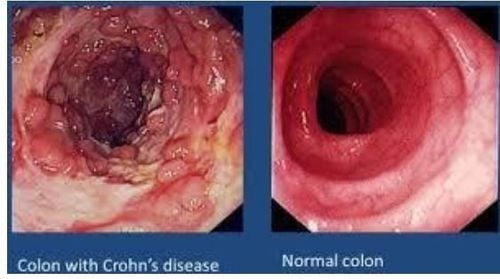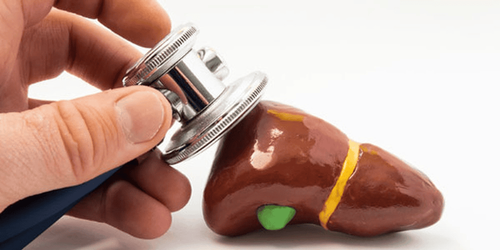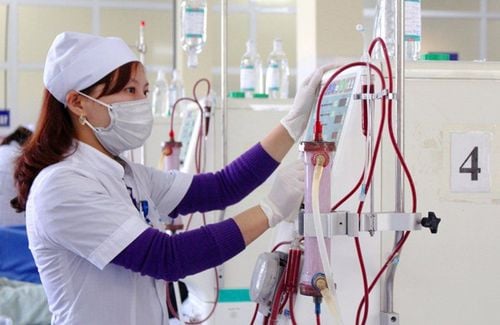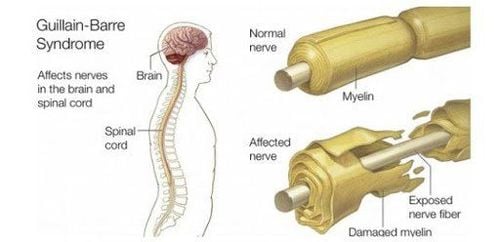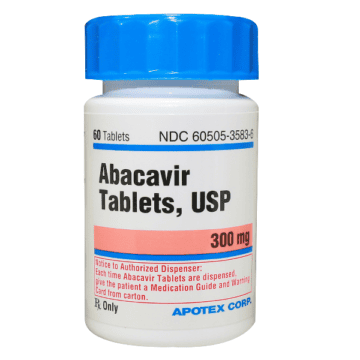This is an automatically translated article.
Guillain-Barre syndrome is a rare disorder that occurs when the body's immune system attacks nerves, leading to immediate muscle paralysis, even total body paralysis.1. Guillain-Barre syndrome
Guillain-Barre syndrome is one of the rare disorders in which the body's immune system attacks the nerves. Symptoms usually first appear in the extremities, then spread to the whole body.The main cause of Guillain-Barre syndrome is unclear, often preceded by an infectious disease such as a respiratory or stomach infection. The incidence of Guillain-Barre syndrome is only about 1 in 100,000, which is relatively rare. In addition, people at risk for Guillain-Barre syndrome include:
Young adults and the elderly With mononucleosis, HIV,...

Triệu chứng đầu tiên của bệnh thường xuất hiện ở tứ chi, sau đó lan ra toàn thân
2. Immediate muscle paralysis due to Guillain-Barre syndrome
Guillain syndrome usually begins with tingling, or loss of sensation, that begins in the legs and feet and then spreads to the trunk and arms. These symptoms often start out indistinct. As the disorder progresses, it can lead to muscle weakness, even immediate paralysis. Signs and symptoms include:Itching or loss of sensation in the fingers, toes, or both. Weakness or tingling in the legs that spreads over the body. Unsteady walking or inability to walk. Difficulty with eye movements, facial movements, speech, chewing, swallowing. Severe pain in the lower back. Difficulty with bladder control or bowel functions. Very slow heart rate or low blood pressure. Shortness of breath . Most muscle weakness symptoms appear within three weeks. In some cases, the signs and symptoms can progress very rapidly with complete paralysis of the legs, arms and respiratory muscles within a few hours.
3. Cause
The exact cause of Guillain-Barre syndrome is currently unknown. In about 60% of cases, an infection affecting both lungs or the gastrointestinal tract is involved, before the immediate paralysis occurs.Causes of immediate muscle paralysis due to Guillain - Barre syndrome because the immune system usually only attacks foreign objects and invading organisms, starting to attack the nerves that transmit signals between the body and the nervous system. Brain. Includes protection of damaged nerves and impedes signal transmission causing weakness and cell death, and immediate muscle paralysis.
4. Diagnosis
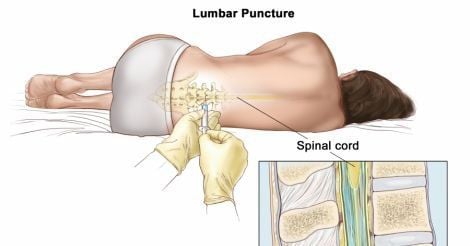
Chọc dò tủy cột sống thắt lưng là một trong những biện pháp chẩn đoán Hội chứng guillain - barre
Lumbar puncture g : collection of a small amount of fluid from the spinal canal. This is the cerebrospinal fluid then tested for a specific type of change that often occurs in people with Guillain-Barre syndrome. Nerve function tests: There are two types of nerve function tests: nerve conduction velocity and electromyography, which evaluates how nerves and muscles respond to small electrical stimuli.
5. Treatment
There are two main methods of treatment: plasma exchange or intravenous immunoglobulin.Treatment with purified plasma: this treatment is also known as plasma exchange in which damaging antibodies are removed from the blood. Plasmapheresis involves removing the liquid part of the blood (plasma) and separating it from the actual blood cells. These cells are then put back into the body, which produces more plasma to make up for what was removed. It's not clear why this treatment, but scientists believe that plasma plasmapheresis rids certain antibodies that contribute to the immune system's attack on peripheral nerves. ): contains healthy immunoglobulin antibodies from blood donors. High-dose immunoglobulins can block the damaging antibodies that contribute to Guillain-Barre syndrome. For patients with immediate muscle paralysis due to Guillain - Barre syndrome, rehabilitation exercises are required. Caregivers may need to move the arms and legs themselves to keep muscles flexible and strong. The patient will then need physical therapy to help regain strength and proper range of motion so that they can function easily.
6. Complications from Guillain-Barre syndrome
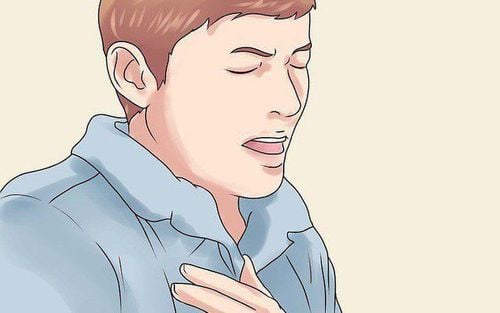
Khó thở là một biến chứng nguy hiểm, có khả năng gây tử vong cho bệnh nhân mắc hội chứng Guillain - Barre
Shortness of breath: a potentially fatal complication of Guillain-Barre syndrome is contagious weakness or paralysis. to the muscles that control breathing. The patient needed temporary help from a ventilator on admission to the hospital for treatment. Numbness or other sensations: Most patients with Guillain-Barre syndrome recover fully or only with minor, impaired or abnormal sensations such as numbness or tingling. However, full recovery can be slow, often taking a year or so. In a nutshell, Guillain-Barre syndrome is a disorder in which the immune system attacks the nerves, which can lead to immediate muscle paralysis. And can cause complications of respiratory muscle paralysis, patients will have a high risk of death if not treated early. Therefore, when there are signs of neurological abnormalities or a feeling of muscle weakness, it is necessary to immediately visit a medical facility for timely detection and treatment.
Please dial HOTLINE for more information or register for an appointment HERE. Download MyVinmec app to make appointments faster and to manage your bookings easily.




